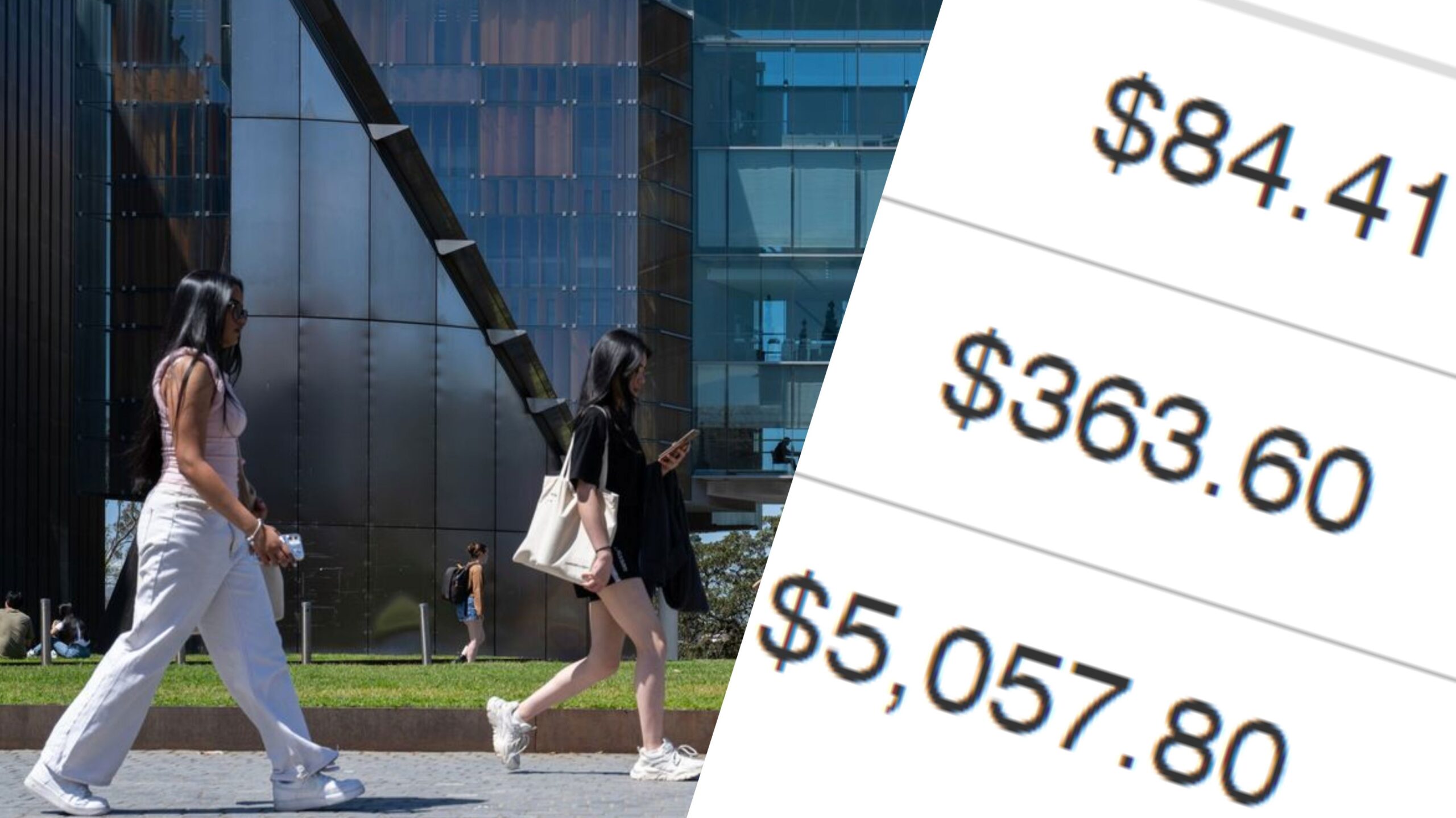HECS debt reduction : PMany Australians could soon see a boost in their paychecks, thanks to the federal government’s plan to reduce HECS debt.
The Labor government had pledged a 20% cut to student debt if elected in May, and this “game-changing” proposal is expected to be legislated this week as parliament reconvenes tomorrow.
If you have a student loan, this reduction will affect your debt balance—and eventually, your take-home pay.
Once the legislation passes, the Australian Tax Office (ATO) will implement the 20% reduction, calculated based on each individual’s student debt as of June 1, 2025.
While the Coalition may choose to back the legislation to erase HECS debt for millions of Australians this week, Labor will only need the support of the Greens to pass it through the Senate.
Shadow Assistant Minister to the Leader of the Opposition, Maria Kovacic, confirmed that the proposed HECS legislation will be discussed in a party room meeting today.
Education Minister Jason Clare stated this week that the average Australian with student debt will have around $5,500 wiped from their $27,640 loan.
This will ease a significant burden for many young Australians who’ve just finished university and are trying to move out of home or save for a mortgage,” Clare said.
You don’t begin repaying your university degree until it begins paying off for you.”
How will it all work?
The ATO will automatically apply the 20 per cent reduction to your remaining debt and will also retrospectively adjust any indexation already added,” said Gavan Ord, business lead at CPA Australia.
Individuals don’t need to take any action—the government will inform you once the changes are in place, and you can view your updated balance via myGov.
This reduction will be applied in addition to any repayments made during the year, once your tax return has been processed.
Ord also cautioned Australians against relying on financial advice from social media influencers when it comes to tax matters.
We strongly advise against following misleading tips from so-called ‘finfluencers’ that suggest delaying your tax return,” he said.
Filing your tax return is a legal obligation and crucial for ensuring your assessment is accurate.”
What happens if my HECS debt is finally paid off?
Compulsory HECS repayments aren’t credited to your loan until after you’ve submitted your tax return.
Once that’s done, there’s a chance your debt may be fully paid off.
If your balance hits zero, compulsory repayments will no longer be deducted from your weekly, fortnightly, or monthly salary.
However, this change doesn’t happen automatically—you’ll need to inform your employer.
To do this, you’ll need to complete a tax form called a “Withholding Declaration,” indicating that you no longer have a HECS or similar student loan.
It’s as simple as selecting “no” when asked if you have a HELP, VSL, FS, SSL, or AASL debt.
Once your employer stops withholding the additional tax, you may notice a small increase in your take-home pay.
The amount of extra take-home pay will vary based on your salary and how much you were contributing regularly.
To see an impact on your pay, you must be earning above the repayment threshold.
Currently, Australian taxpayers earning between $54,435 and $62,850 repay 1% of their income, with the rate increasing as income rises.
Another proposed change to HECS is increasing the repayment threshold from $54,435 to $67,000, starting July 1, 2025—pending legislative approval,” Ord explained.
This means if you earn less than $67,000, you won’t be required to make compulsory repayments, though you can still choose to make voluntary ones.
This adjustment also results in lower repayment amounts for many.
If you’ve overpaid your HECS debt during the previous financial year, the ATO will account for it and issue a refund once your tax return is lodged.


Leave a Reply